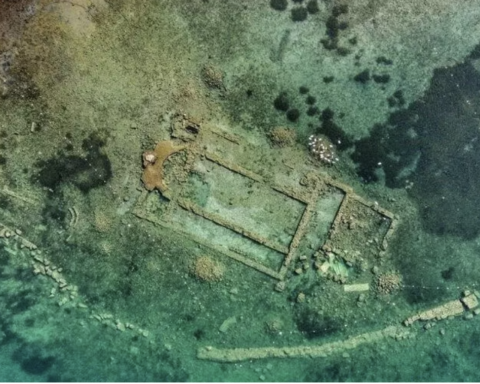The İznik Lake Basilica, discovered in the northwestern province of Bursa’s İznik Lake in 2014 and shown among the 10 most important discoveries in the world in the same year, will be opened to visitors in the digital world with the augmented
CATEGORIES
FOLLOW US
© 2023 - TÜM HAKLARI SAKLIDIR.
ArtDog İstanbul’da yer alan yazı ve fotoğrafların tüm hakları eser sahiplerine veya ArtDog İstanbul’a aittir. İzinsiz alıntı yapılamaz.
CATEGORIES
FOLLOW US
© 2023 - TÜM HAKLARI SAKLIDIR.
ArtDog İstanbul’da yer alan yazı ve fotoğrafların tüm hakları eser sahiplerine veya ArtDog İstanbul’a aittir. İzinsiz alıntı yapılamaz.
CATEGORIES
FOLLOW US
© 2023 - TÜM HAKLARI SAKLIDIR.
ArtDog İstanbul’da yer alan yazı ve fotoğrafların tüm hakları eser sahiplerine veya ArtDog İstanbul’a aittir. İzinsiz alıntı yapılamaz.
Please select your menu





